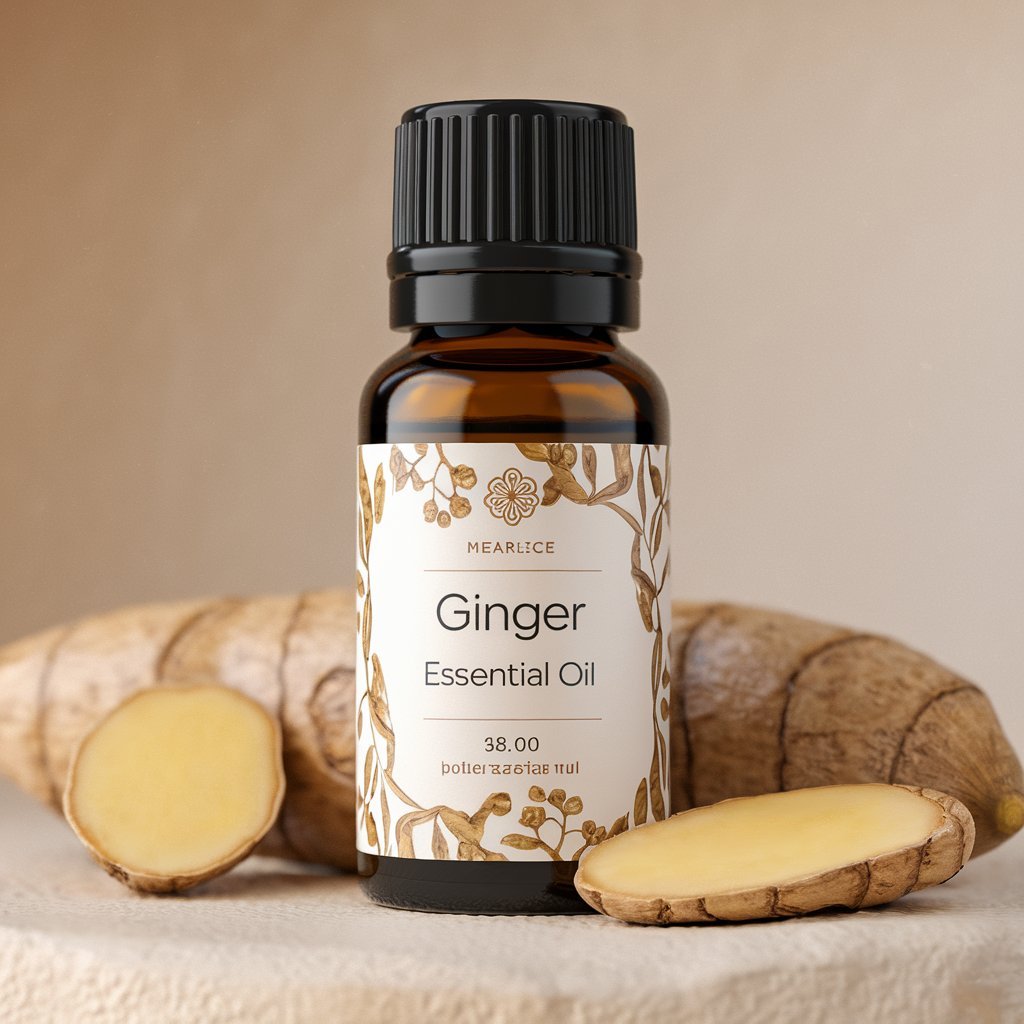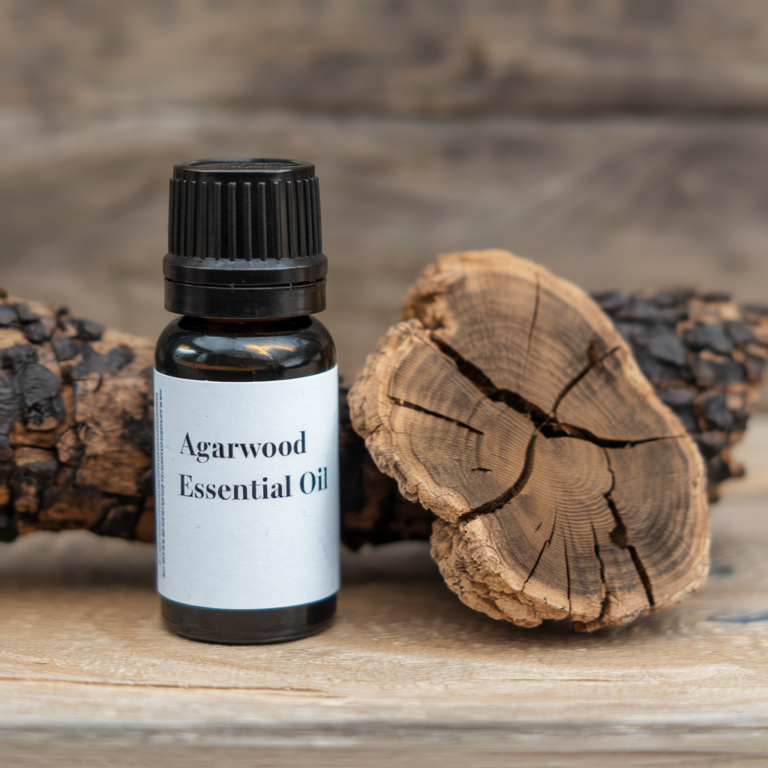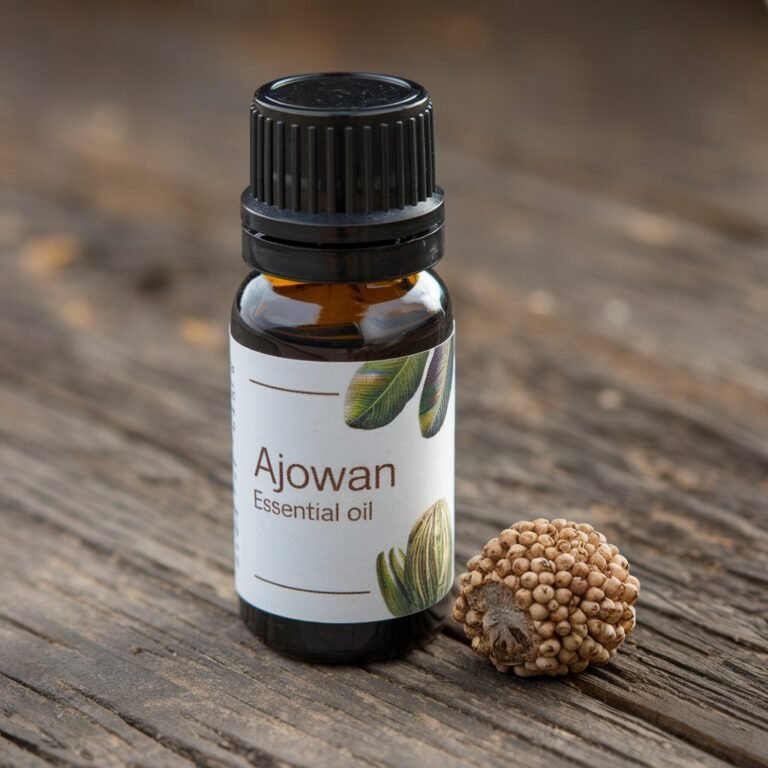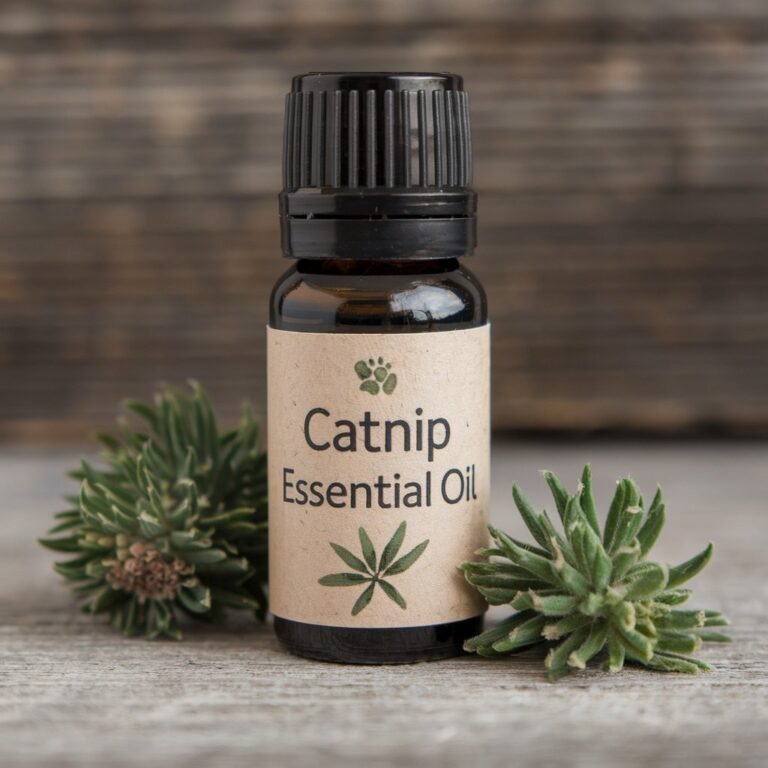Ginger Essential Oil
Do you ever wonder what gives ginger that warm, spicy aroma that seems to invigorate our senses and shake up our lives in the most delightful way? Ginger essential oil, the concentrated essence of this beloved root, is what works the magic. Extracted from the rhizome of the ginger plant, this essential oil is more than just an olfactory delight—it’s an age-old remedy that has found its way into the modern wellness scene.
Recommended Brands:
Ginger Essential Oil by Barefut
Ginger Root Essential Oil by Rocky Mountain Oils
Ginger Organic Essential Oil by Amrita
Understanding Ginger Essential Oil
What is Ginger Essential Oil?
Ginger essential oil is derived from the Zingiber officinale plant, native to tropical regions of Southeast Asia but now cultivated in many countries across the world. The oil is extracted from the unpeeled or dried, ground roots of this robust plant through a process known as steam distillation. It's renowned for its warm, spicy, and earthy aroma, which is both invigorating and grounding.
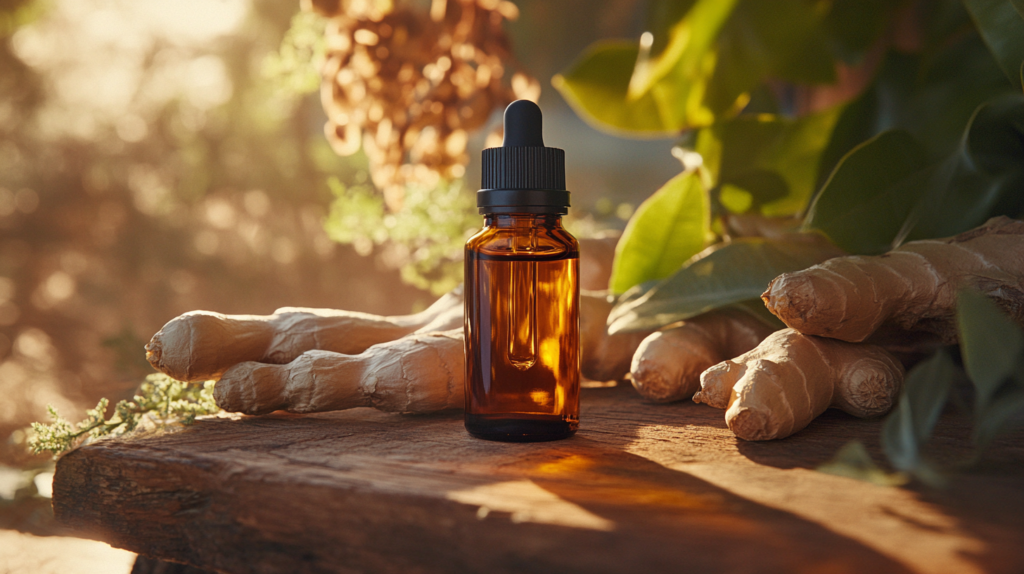
How is Ginger Essential Oil Made?
The creation of ginger essential oil is a delicate process that requires precision and care. The rhizomes are harvested, cleaned, and either dried or used fresh. They are then crushed to release their natural oils. The resulting paste is subjected to steam distillation—a process that involves passing steam through the crushed root paste, which captures the essential oils released. As the mixture cools, the oil separates from the water, allowing it to be collected carefully.
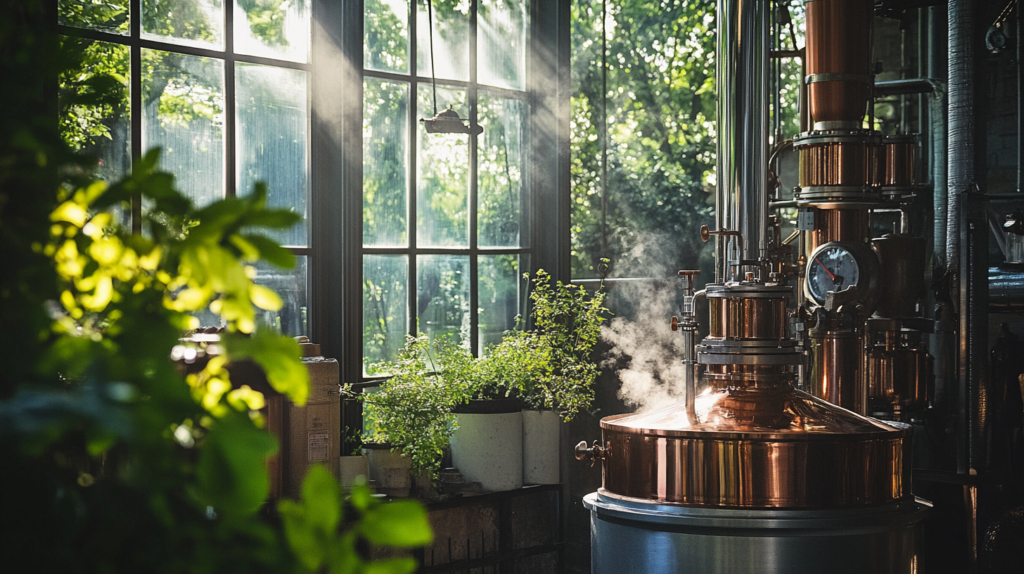
Recommended Brands:
Ginger Essential Oil by Barefut
Ginger Root Essential Oil by Rocky Mountain Oils
Ginger Organic Essential Oil by Amrita
The Origin of the Ginger Plant
Ginger is believed to have originated in the lush, tropical rainforests of the Indian subcontinent. Its use dates back thousands of years, with historical texts referencing its properties in traditional Asian medicine. It has been prized not only for its versatility in culinary applications but also for its therapeutic value. Over the centuries, its cultivation spread across continents, becoming integral to various cultural cuisines and numerous health practices.

Benefits of Ginger Essential Oil
Aromatherapeutic Uses
One of the primary benefits of ginger essential oil lies in its use in aromatherapy. Its spicy, warming aroma is known to invigorate and energize the mind and body, making it a popular choice for reducing feelings of exhaustion, anxiety, and stress. Its scent is believed to stimulate willpower, restore vitality, and improve mood, providing emotional support and mental clarity.
Health and Wellness Benefits
Ginger essential oil is often used as a natural remedy to support digestion, alleviate nausea, and soothe inflammation. It contains anti-inflammatory and antioxidant compounds such as gingerols, which are thought to reduce the symptoms of pain associated with arthritis and other inflammatory conditions. Furthermore, its warming properties can improve circulation, making it beneficial in easing muscle soreness and stiffness.
Application in Skincare
Known for its antiseptic and anti-inflammatory properties, ginger essential oil can be an excellent addition to skincare routines. It can help cleanse and detoxify the skin, promoting a clearer complexion and addressing issues like acne. When blended with a carrier oil, it can deliver nourishment to the skin while providing a warming sensation that comforts the senses.
Pros and Cons of Ginger Essential Oil
| Pros | Cons |
|---|---|
| Provides natural relief from nausea and motion sickness | May cause skin irritation in sensitive individuals |
| Has anti-inflammatory and antioxidant properties | Not recommended for usage during pregnancy without doctor’s consent |
| Boosts mood and mental clarity | Can lead to photosensitivity when exposed to sunlight |
| Aids in improving digestion | Needs to be diluted with a carrier oil before topical application |
Using Ginger Essential Oil
How to Use Ginger Essential Oil Safely
Like all essential oils, ginger essential oil should be used with care. It is highly concentrated and should be diluted with a carrier oil, such as coconut or jojoba oil, before applying to the skin. When using it for aromatherapy, a few drops can be added to a diffuser to fill the room with its warm aroma. Always perform a patch test on a small area of skin to check for allergic reactions before using it more broadly.
Recipes and Blends
Ginger essential oil pairs well with other oils such as lemon, peppermint, eucalyptus, lavender, and rosemary. Here are a few blend suggestions:
- Energizing Blend: Combine Ginger, Lemon, and Peppermint oils for a revitalizing diffusing experience.
- Relaxation Blend: Mix Ginger with Lavender and Orange oils to create a calming atmosphere ideal for unwinding after a long day.
- Digestive Support Blend: Combine Ginger and Peppermint oils in a carrier oil for a soothing belly rub.
Common Myths About Ginger Essential Oil
One common myth is that ginger essential oil is a cure-all solution for all ailments. While it has multiple benefits, it should not replace medical treatments prescribed by healthcare professionals. Another misconception is that it can be ingested; however, it is generally not recommended to take essential oils internally unless under expert guidance. It is also not true that essential oils can replace traditional medicine. Instead, they should be seen as complementary therapies.
Recommended Brands:
Ginger Essential Oil by Barefut

